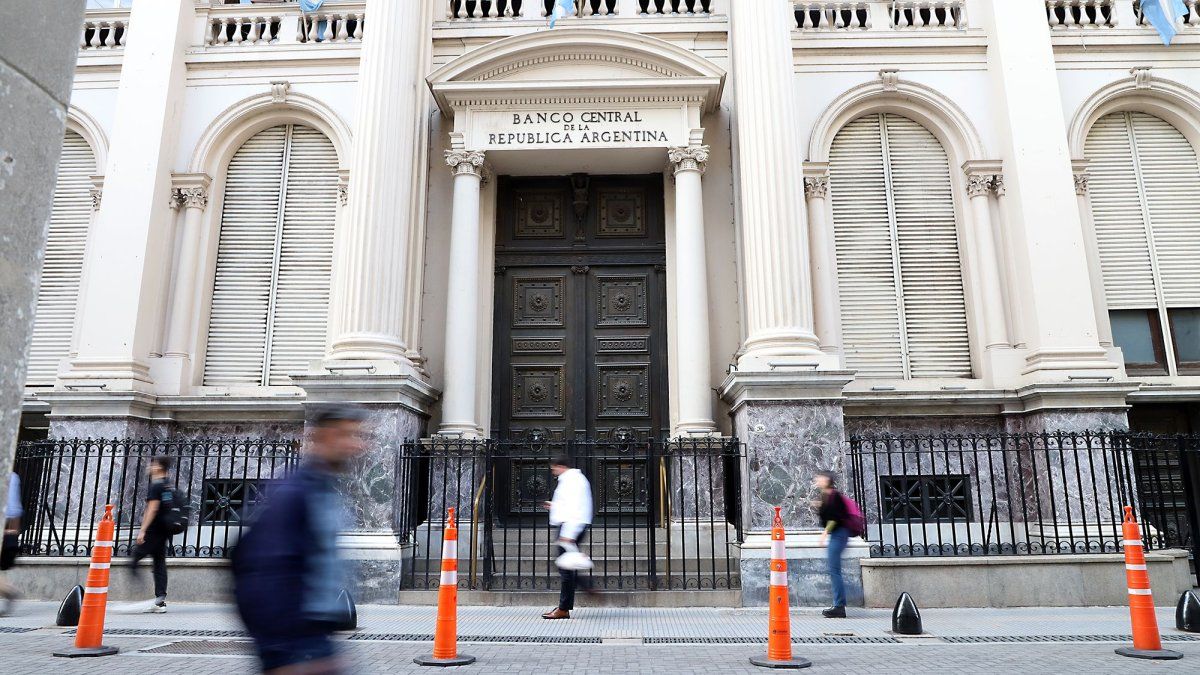Once again, those involved are optimistic about an agreement on agrarian reform in the EU that will run into billions. But they were last time too. Now there is a new round of talks.
Under great pressure to reach an agreement, negotiators from the EU Parliament and the member states are meeting again today to find a compromise in the dispute over agricultural reform.
Specifically, it is about 270 billion euros for the years 2023 to 2027. The negotiations were broken off at the end of May with no result. Now an agreement is to be reached.
Those involved are under great pressure: If an agreement is to be achieved under the Portuguese Council Presidency, it must succeed in this round of negotiations. However, Friday will probably still be needed – the negotiators have already planned time for this in their diaries. It is expected that an agreement could be reached on Friday evening or on Saturday night, although those involved had already been similarly optimistic at the end of May.
If there is no compromise, a result should be reached under the Slovenian Presidency, which starts on July 1st. Every six months, the presidency rotates among the EU countries. In that case, however, the reform would probably come into force at a later date. The changes originally planned for the beginning of 2021 had to be postponed to 2023 due to the tough negotiations, which would then be hard to keep.
It is clear that agriculture should become more environmentally friendly. The various interest groups are bitterly arguing about how specifically the money will be distributed and what guidelines should be given. The EU Court of Auditors recently criticized the fact that in recent years even funds explicitly intended for climate protection had failed to have an effect. The greenhouse gas emissions of agriculture have not decreased since 2010.
Federal Agriculture Minister Julia Klöckner is also repeatedly criticized. Environmental organizations accuse her of half-hearted commitments to climate protection with few specific goals. The “system change” in EU agricultural policy announced by her under the German presidency will not take place, criticizes the Naturschutzbund Deutschland.
Jane Stock is a technology author, who has written for 24 Hours World. She writes about the latest in technology news and trends, and is always on the lookout for new and innovative ways to improve his audience’s experience.



